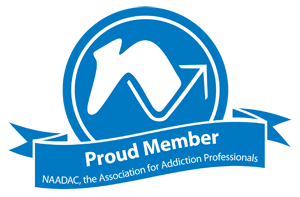5 Tips for Good Perinatal Mental Health
Perinatal mental health refers to the emotional well-being of individuals during pregnancy and the postpartum period. Coping tools can play a crucial role in managing stress and promoting mental health during this challenging time.

Below are some helpful tips with specific example:
- Mindfulness Meditation:
- Mindfulness meditation involves focusing on the present moment without judgment. Pregnant women can use mindfulness apps, such as Headspace or Calm, to practice guided meditation sessions. As an alternative, there are also numerous free Youtube videos available free of charge. This can help reduce anxiety and promote a sense of calmness.
- Journaling:
- Keeping a perinatal journal allows individuals to express their thoughts and emotions. This can be particularly helpful for processing fears and anxieties related to pregnancy and parenthood. Writing down positive affirmations and reflections on the day can foster a more positive mindset.
- Support Groups:
- Joining a perinatal support group, either in person or online, provides a sense of community and understanding. Sharing experiences with others who are going through similar challenges can reduce feelings of isolation. Websites like Postpartum Support International offer resources and can help connect individuals with local support groups.
- Regular Exercise:
- Engaging in gentle, pregnancy-appropriate exercises, such as prenatal yoga or swimming, can release endorphins and improve mood. Exercise is not only beneficial for physical health but also contributes to mental well-being. Prenatal fitness classes, either in person or virtual, can provide a supportive environment.
- Therapeutic Interventions:
- Cognitive-behavioral therapy (CBT) is a therapeutic approach that can be adapted for perinatal mental health. A mental health professional specializing in perinatal care can use CBT techniques to help individuals identify and challenge negative thought patterns, providing practical strategies to manage stress and anxiety.

It’s important to note that individuals experiencing perinatal mental health challenges should seek professional help when needed. Healthcare providers, including obstetricians, midwives, and mental health professionals, can offer tailored guidance and support based on individual circumstances. Coping tools are often most effective when used in conjunction with a comprehensive mental health care plan.












Leave a Reply
Want to join the discussion?Feel free to contribute!